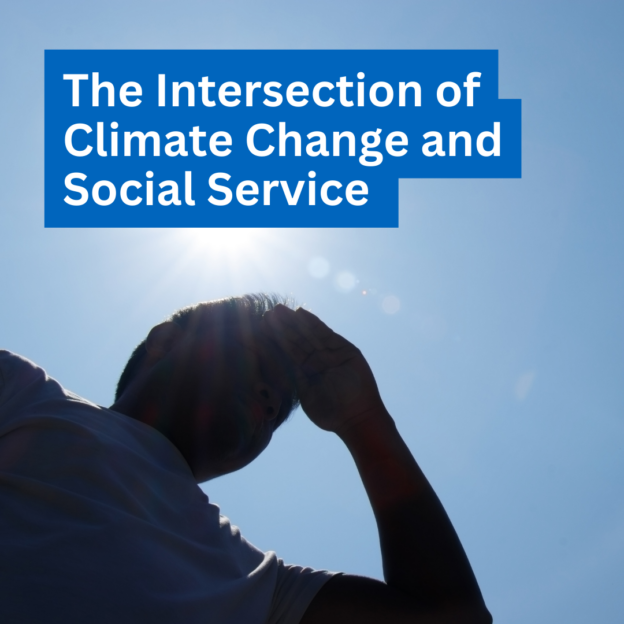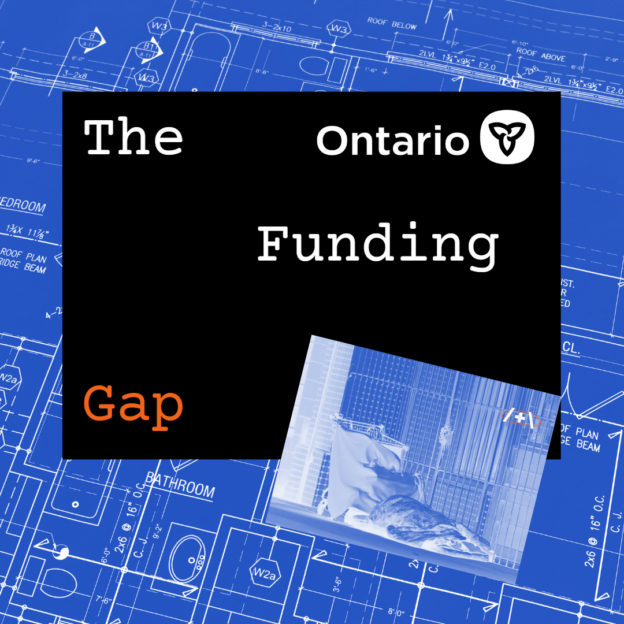With another hot summer underway in Ottawa you’ve probably noticed the impact of the recent heatwaves, even while indoors! We crank up the air conditioning, seek shade, and stay hydrated. But what if we did not have a home to escape to? Or even access to clean drinking water?
Recently we’ve been experiencing an increase of the intensity, frequency and longevity of extreme weather events. Just last year, Canada endured its warmest summer in 76 years, with temperatures significantly above historical averages. Increasing similarly are the numbers of people who are experiencing homelessness in Canada, estimated to be between 260,000 and 300,000 individuals every year.
To those who are most vulnerable in our community, these extreme weather events are not just inconvenient—they are dangerous. That’s why it’s crucial to understand how increasingly severe changes in climate intersect with social vulnerability, and social services, in order to ensure our community’s collective safety.
Health Impacts on Those Experiencing Homelessness
Being un-housed limits access to proper shade, air conditioning and clean drinking water. This amount of exposure significantly increases the risk for chronic dehydration, sunburn, heat stress and heat stroke. Extreme heat also contributes to poorer air quality, which exacerbates respiratory issues and other health problems. These health conditions can affect us all, but they escalate quickly for individuals who are un-housed, often leading to serious health emergencies, or even death.
In addition, warmer temperatures and longer summers extend the life cycles of common pests and insects. People experiencing homelessness are more vulnerable to the spread of diseases carried by these pests, such as Lyme disease, and struggle to receive proper and timely treatment. (Source: The Climate Reality Project).
This environmental and public health risk is putting immense pressure on service organizations, and The Ottawa Mission’s own Frontline Team. Frontline staff brave these extreme weather conditions daily to distribute cold water bottles, sunscreen, light clothing, and healthy meals to those spending their days on the street. However, as our team works tirelessly to provide hot weather supplies, resources are limited, and the demand far exceeds our current capacity.
Send Emergency Relief
The challenges posed by extreme weather conditions are not just a seasonal inconvenience; they represent a severe threat to the health and well-being of our community’s most vulnerable members. As the frequency and intensity of heatwaves increase, so does the need for immediate and sustained support.
Your support is crucial in ensuring our Frontline team has the resources they need to keep our community safe. Your donation today gives people access to cold water, nutritious meals, hot weather supplies, and a cool place to sleep.
Every gift counts! Together, we can create a safer, healthier community for all. Please consider donating today.




